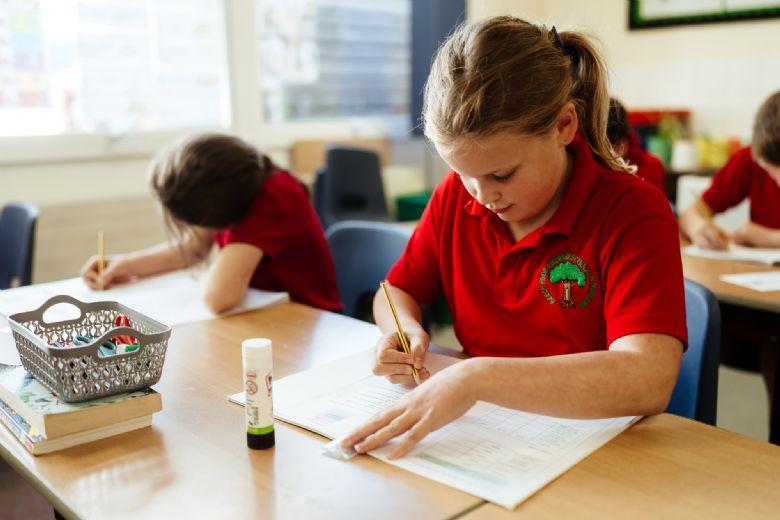Maths Information
Early Years Foundation Stage
Numeracy and maths start, as with all our curriculum at EYFS. Pupils begin by developing a strong grounding in number is essential so that all children develop the necessary building blocks to excel mathematically. Children should be able to count confidently, develop a deep understanding of the numbers to 10, the relationships between them and the patterns within those numbers. By providing frequent and varied opportunities to build and apply this understanding - such as using manipulatives, including small pebbles and tens frames for organising counting - children will develop a secure base of knowledge and vocabulary from which mastery of mathematics is built. In addition, it is important that the curriculum includes rich opportunities for children to develop their spatial reasoning skills across all areas of mathematics including shape, space and measures. It is important that children develop positive attitudes and interests in mathematics, look for patterns and relationships, spot connections, ‘have a go’, talk to adults and peers about what they notice and not be afraid to make mistakes.
KS1/KS2
National curriculum aims:
- Fluency
- Reasoning
- Problem solving
- Herts Essentials Maths Planning (supplemented by a range of resources: KS1 – Abacus, White Rose, Classroom Secrets; KS2 - Target Your Maths, Classroom Secrets).
- Learning Sequence → Steps
- Destination questions
- Buffer zones
- Speaking frames
Teaching For Mastery:
- Whole class together
- Ping pong
- Stem sentences (precise and accurate mathematical vocabulary)
- 5 big ideas – coherence (small steps); representation; mathematical thinking; variation; fluency
- Challenge for every pupil within the lesson
- Ensure challenge as part of independent activity; could also be included as starter or a plenary
- Opportunity to apply, reason and problem solve in each lesson
- Strategic use of working walls
Assessment
- Self-assessment – traffic lights
- AfL within lessons – responses on whiteboards, talking partners, mini-plenaries
- Teacher to helicopter during lesson – intervene as soon as possible
- Destination questions
- Reasoning / explanations
- Application of knowledge/strategies to problem solving activities
- Formal assessments
The school's Calculation Policy is attached below.

